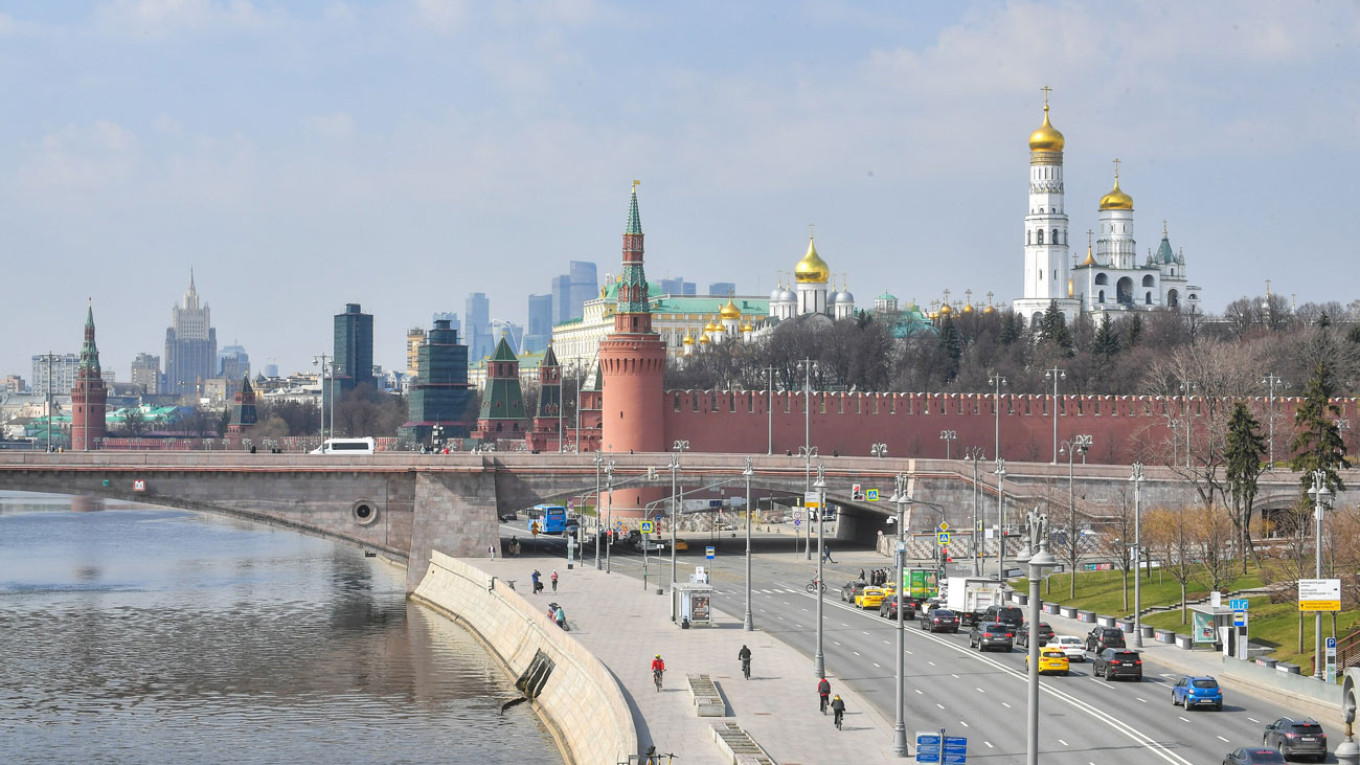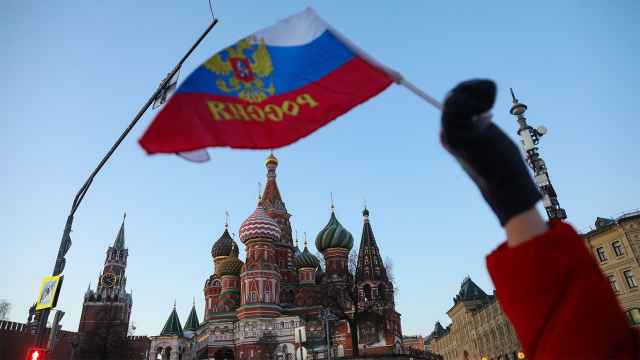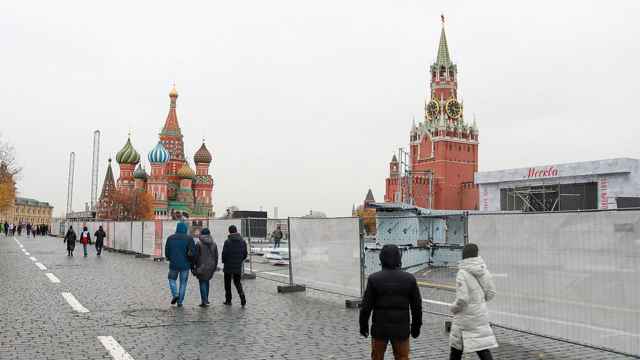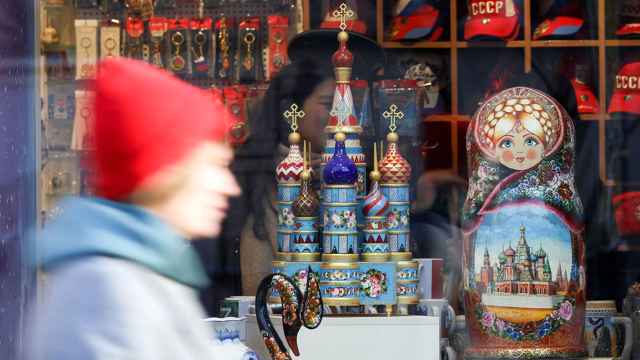The International Monetary Fund (IMF) raised its 2023 economic growth forecast for Russia on Tuesday, predicting that deficit-fueled government spending would help counteract the growing costs of its war in Ukraine.
But the Russian invasion is expected to have a significant impact over the medium term, with the IMF predicting the Russian economy would be about 7% smaller by 2027 than pre-war forecasts would have indicated, IMF chief economist Pierre-Olivier Gourinchas said during a press briefing ahead of the release of the World Economic Outlook (WEO) report on Tuesday.
After contracting by 2.1% last year, the IMF now sees Russia's economy growing by 0.7% this year, up 0.4% points from a previous forecast in January.
The Russian economy is then forecast to grow by 1.3% in 2024, down 0.8% from the earlier forecast.
The IMF raised its forecast for 2023 after concluding that Russia had "been able to maintain quite a bit of momentum in the economy by taking, for instance, very strong fiscal measures" in 2022 and 2023, Gourinchas said.
"At the end of last year, a lot of that fiscal spending was also related to the military expenditures," the IMF's deputy director in the Research Department, Petya Koeva Brooks, told reporters during the press briefing.
"But more broadly, I think that Russia has been using the fiscal space that they have in order to also provide support to the economy," she said.
The IMF expects Russia's budget deficit will reach 6.2% of GDP this year, according to a spokesperson. This would be almost three times the size of last year's budget deficit.
Russia's current account surplus is also predicted to decline sharply to 3.6% of GDP this year from 10.3% a year earlier, due to much weaker terms of trade, lower energy volumes, and a recovery of imports, the spokesperson said.
A Message from The Moscow Times:
Dear readers,
We are facing unprecedented challenges. Russia's Prosecutor General's Office has designated The Moscow Times as an "undesirable" organization, criminalizing our work and putting our staff at risk of prosecution. This follows our earlier unjust labeling as a "foreign agent."
These actions are direct attempts to silence independent journalism in Russia. The authorities claim our work "discredits the decisions of the Russian leadership." We see things differently: we strive to provide accurate, unbiased reporting on Russia.
We, the journalists of The Moscow Times, refuse to be silenced. But to continue our work, we need your help.
Your support, no matter how small, makes a world of difference. If you can, please support us monthly starting from just $2. It's quick to set up, and every contribution makes a significant impact.
By supporting The Moscow Times, you're defending open, independent journalism in the face of repression. Thank you for standing with us.
Remind me later.






